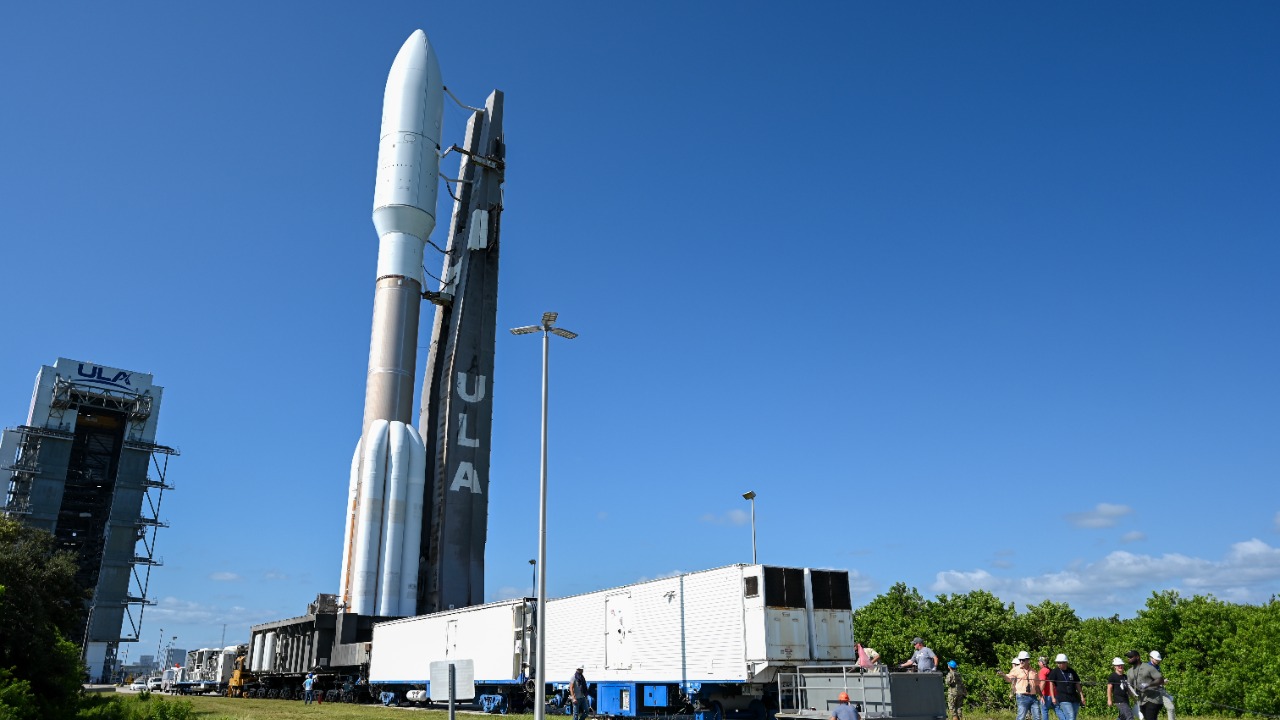
The United Launch Alliance (ULA) recently postponed the launch of an Atlas V rocket, which was set to carry the ViaSat-3 F2 satellite from Cape Canaveral. This decision was made due to a technical issue with the Atlas valve booster, leading to a delay in the planned nighttime liftoff on November 5, 2025.
Details of the Scrubbed Launch
The ViaSat-3 F2 communications satellite was intended to play a crucial role in expanding high-speed internet coverage. However, a specific technical anomaly with the Atlas valve booster was detected during pre-launch preparations at Cape Canaveral, leading to the scrubbing of the launch. This issue was identified during the attempted launch window on November 5, 2025, at 5:00 PM UTC. Despite the setback, teams stood down without further attempts that evening, prioritizing safety and mission success over schedule.
Background on the ViaSat-3 F2 Mission
The ViaSat-3 F2 satellite is a high-capacity broadband platform designed for global connectivity. The Atlas V rocket configuration selected for this mission includes specific payload fairing and upper stage specifications, tailored to the needs of the satellite. This launch has faced prior delays, having been rescheduled after initial setbacks to ensure mission readiness.
ULA’s Launch History with Technical Challenges
ULA has a track record of dealing with Atlas V technical issues. Similar problems have affected recent operations, impacting customer timelines, such as those tied to Amazon’s home internet service rollout. However, ULA has demonstrated a high degree of reliability in overcoming such hurdles through rigorous testing protocols.
Previous Scrubs Involving Amazon’s Kuiper Program
ULA has previously scrubbed launches due to various issues. For instance, the April 9, 2025, launch of Amazon’s Kuiper 1 mission was scrubbed due to adverse weather conditions at the launch site. Similarly, the June 19, 2025, launch of Amazon’s second satellite was delayed due to a broader rocket issue, postponing the deployment of the Kuiper constellation. These events have compounded delays in Amazon’s broadband satellite network expansion.
Implications for ViaSat and Broader Satellite Industry
The scrubbing of the ViaSat-3 F2 launch has short-term effects on its deployment, including potential rescheduling windows and operational ripple effects. This situation parallels delays in competing programs like Amazon’s Kuiper, highlighting shared challenges in the commercial satellite sector. Technical scrubs like the Atlas valve booster problem underscore the need for redundancy in launch manifests.
Next Steps and ULA’s Troubleshooting Process
In response to the November 5, 2025, technical issue, ULA has initiated diagnostic efforts on the Atlas V hardware. The timelines for resolving the Atlas valve booster anomaly and potential new launch dates are currently being determined. Drawing from ULA’s experience with prior mission recoveries, contingency plans for the ViaSat-3 F2 payload are also being developed.
More from MorningOverview